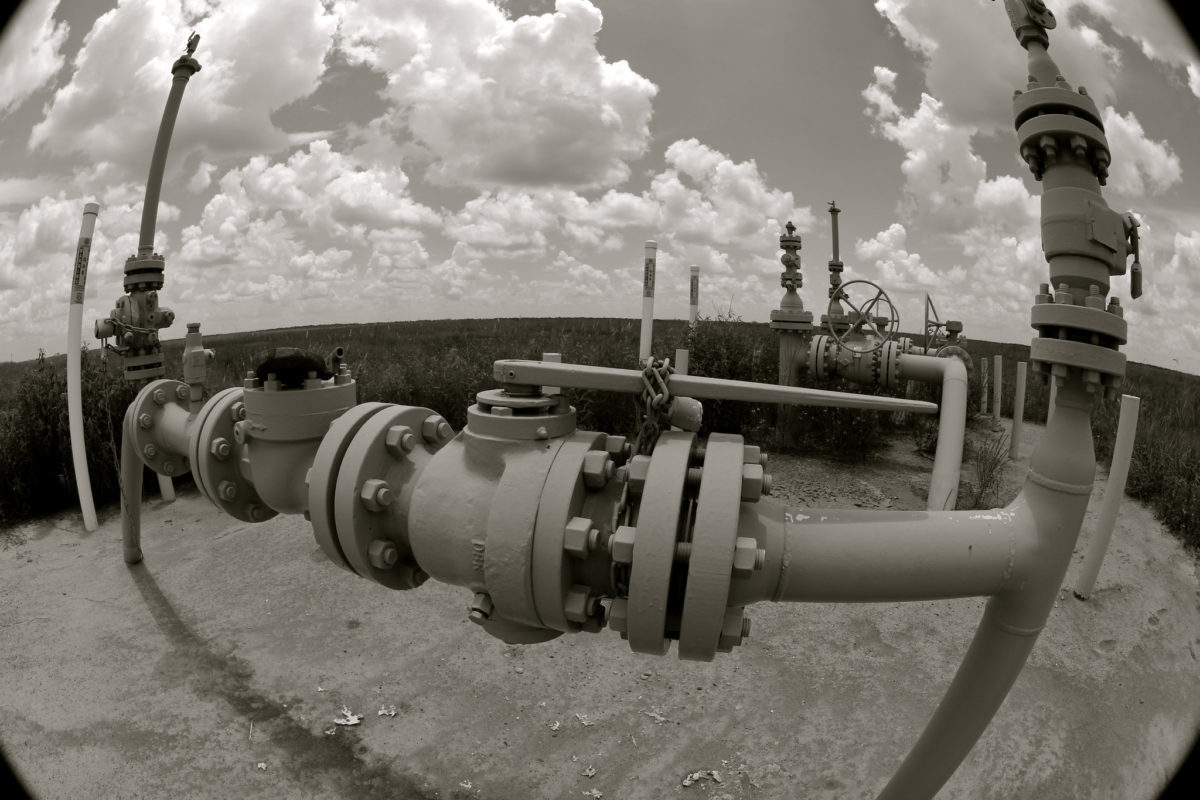Technische Universität Berlin researchers have determined that the most cost-effective strategy for achieving carbon neutrality in Europe by the mid-century involves expanding the power grid and establishing a hydrogen network. The study, titled “The potential role of a hydrogen network in Europe,” indicates that the hydrogen network, which can use existing gas pipelines, consistently reduces system costs. While power grid expansion achieves savings, the most significant cost reductions are achieved when both networks are expanded together.
Lhyfe and VSB Energies Nouvelles have signed a 16-year electricity supply contract. Under this agreement, Lhyfe Bretagne will receive 100% of the green electricity generated by VSB Energies Nouvelles' Buléon wind farm. The green hydrogen produced at the Buléon site will serve local mobility and industrial processes. The hydrogen production facility, with a capacity of 5 MW, is expected to be operational by late 2023.
Nortegas has successfully completed the third phase of tests for its H2SAREA project. During this phase, a mixture of 15% hydrogen and 85% natural gas was injected into a scaled replica of the company's distribution networks. This achievement demonstrates the technical feasibility of blending hydrogen and natural gas, paving the way for its short-term use. Nortegas aims to complete 20% blending tests before the end of 2023.
Germany's Oldenburg Trade Supervisory Office has granted approval for the construction and operation of two 100 MW electrolysers at RWE‘s Emsland natural gas power plant in Lingen. The 200 MW plant, the first of its size in Germany, can produce up to 35,000 metric tons of green hydrogen annually. RWE plans to establish hydrogen production capacities of 300 MW by 2027 and will commission a 14 MW pilot plant in Lingen by the end of 2023.
Popular content
Thyssenkrupp nucera shares have been added to the SDAX selection index, which consists of the 70 largest and most liquid companies below the MDAX. With thyssenkrupp AG holding 50.2% of the shares, De Nora owning 25.9%, and Energy Solutions Company holding approximately 6%, thyssenkrupp nucera's free float is around 18%.
Plastic Omnium says it plans to construct North America's largest hydrogen storage manufacturing plant in Grand Blanc Township, Michigan. This $170 million investment aims to supply a major American automaker with high-pressure hydrogen vessels for medium and heavy-duty zero-emissions mobility. The facility, with an annual production capacity of up to 100,000 hydrogen vessels, is expected to be commissioned by the end of 2026 with the goal of achieving 100% carbon neutrality.
This content is protected by copyright and may not be reused. If you want to cooperate with us and would like to reuse some of our content, please contact: editors@pv-magazine.com.


1 comment
By submitting this form you agree to pv magazine using your data for the purposes of publishing your comment.
Your personal data will only be disclosed or otherwise transmitted to third parties for the purposes of spam filtering or if this is necessary for technical maintenance of the website. Any other transfer to third parties will not take place unless this is justified on the basis of applicable data protection regulations or if pv magazine is legally obliged to do so.
You may revoke this consent at any time with effect for the future, in which case your personal data will be deleted immediately. Otherwise, your data will be deleted if pv magazine has processed your request or the purpose of data storage is fulfilled.
Further information on data privacy can be found in our Data Protection Policy.